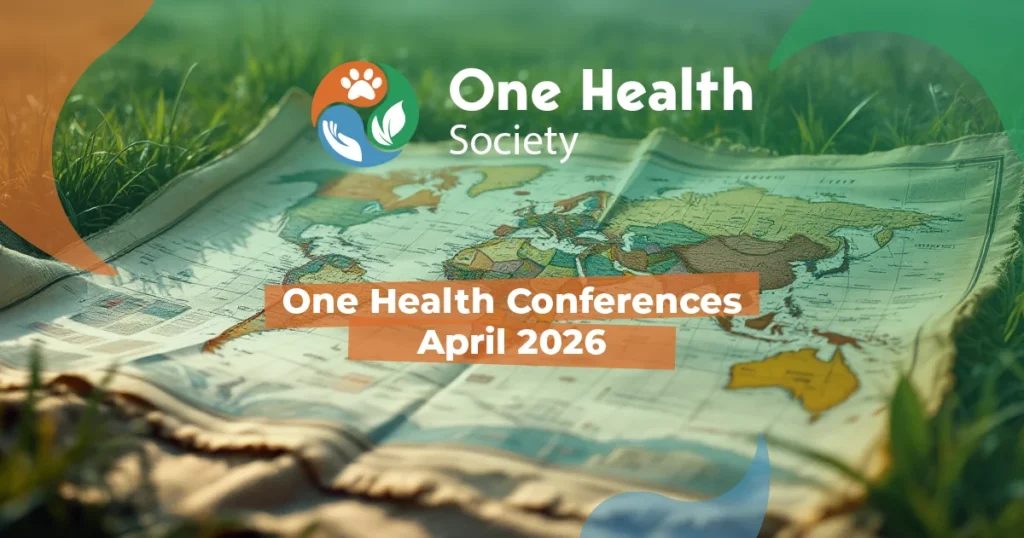With federal support, Environmental Health Perspectives has long published peer-reviewed studies without fees to readers or scientists.
Environmental Health Perspectives, widely considered the premier environmental health journal, has announced that it would pause acceptance of new studies for publication, as federal cuts have left its future uncertain.
For more than 50 years, the journal has received funding from the National Institutes of Health to review studies on the health effects of environmental toxins — from “forever chemicals” to air pollution — and publish the research free of charge.
The editors made the decision to halt acceptance of studies because of a “lack of confidence” that contracts for critical expenses like copy-editing and editorial software would be renewed after their impending expiration dates, said Joel Kaufman, the journal’s top editor.
He declined to comment on the publication’s future prospects.
“If the journal is indeed lost, it is a huge loss,” said Jonathan Levy,chair of the department of environmental health at Boston University. “It’s reducing the ability for people to have good information that can be used to make good decisions.”
The news comes weeks after a federal prosecutor in Washington sent letters to several scientific journals, including The New England Journal of Medicine, with questions that suggested that they were biased against certain views and influenced by external pressures.













